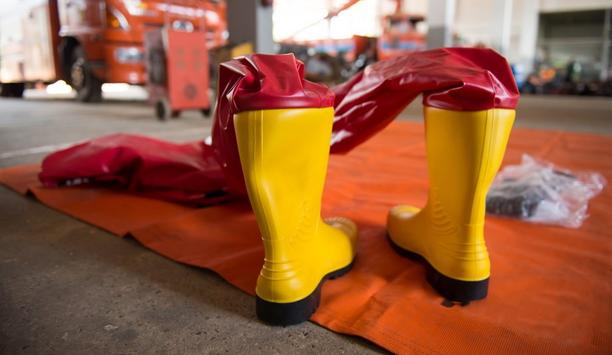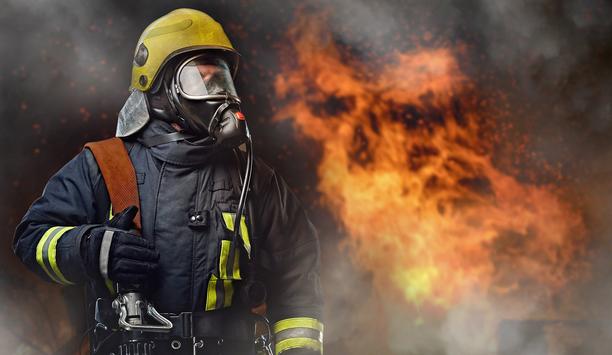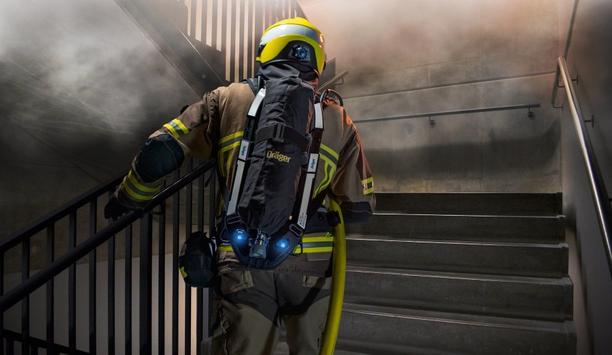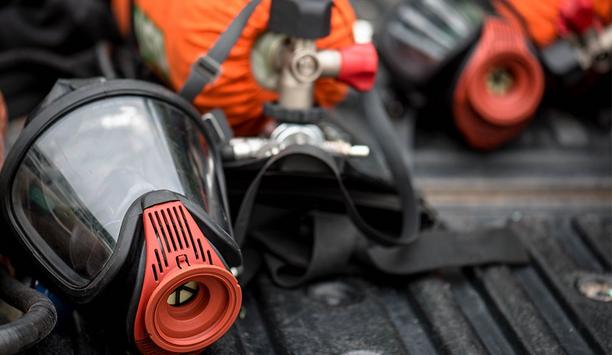Like professional athletes, learning how to stay composed under pressure is key to performing your best in any situation. Whether it’s a dynamic incident you are commanding at work, an important staff or city council meeting, dealing with a difficult person or situations in your personal life, how you cope with pressure is one way you separate yourself from the pack.
Learning how to stay composed under pressure is key to performing your best in any situation. We cannot allow our emotions to go through the roof every time we encounter stress or difficult situations.
Situational Awareness can also be practiced as a "personal tool" when feeling stressed.
Why is it some people thrive under the pressure? They go deeper in “the zone” while others get distracted and have a meltdown. How you interpret and deal with the pressure is what helps you succeed.
Dealing with pressure
Learning how to stay composed under pressure is key to performing your best in any situation
Is your interpretation of pressure a challenge or a threat? Pressure comes from external sources, other's expectations, or your own expectations to perform well. They also come from our formative years and how we watched our parents handle them. You can view pressure situations in two ways: as a challenge that instills motivation or as a threat that instills anxiety.
Here are a few techniques for staying composed when you start to feel the heat:
Tap the Brakes
Anxiety speeds up your behavior. When you feel tense, try to slow down. Be more deliberate without overanalyzing the situation. When you hurry you are prone to accidents.
Breathe Deep
Deep breathing is an excellent technique to reduce muscular tension and focus on something positive. Use abdominal breathing (breathe deeply through your abdominal cavity or stomach) to reduce tension.
Be the Incident Commander (IC) of your emotions
Anxiety increases when your self-talk is negative and self-defeating. An example of negative self-talk is, “I’m a choker, I can never perform well when I need to”, which increases anxiety and decreases self-confidence. Notice when your self-talk becomes negative and learn to switch your inner voice to positive self-talk. You are the IC, so give yourself some words of encouragement.
Deep breathing is an excellent technique to reduce muscular tension and focus on something positive
Change Your Tactics and Strategy
Anxiety or feelings or threat make you focus internally on your pounding heart, rapid breathing, and sweaty palms, which further increases anxiety. Offensive strategy. This internal focus is not a good type of focus for execution. Defensive Strategy. Great execution flows from being focused externally on the environment and reacting to the situation. Shift your attention externally to what is in front of you. Focus on the process of execution instead of the fear of failing.
Use it to Your Advantage
The excitement or fear you experience when under pressure can help you if you interpret it as a friend and not a threat.
Always remember, nothing lasts forever... You are the incident commander!







